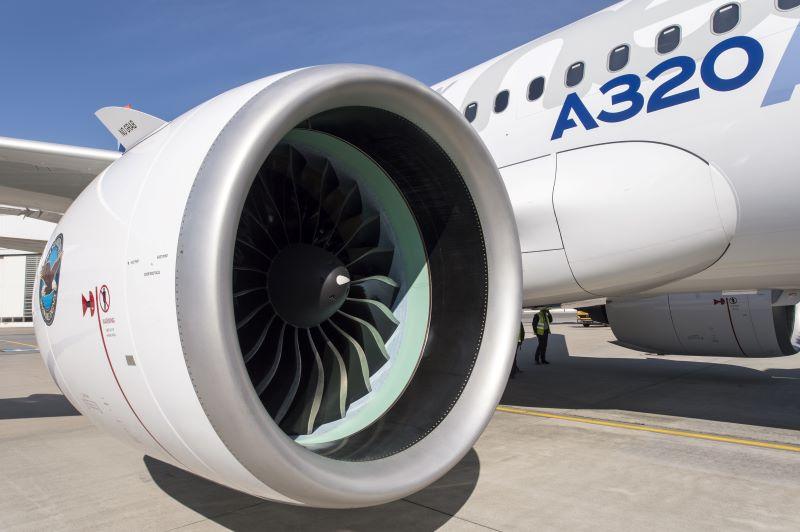
Credit: Airbus Operations Gmbh 2015
AUSTIN, Texas—Pratt & Whitney President for commercial engines Rick Deurloo said the company is committed to growing engine output to manufacturers and airline in-service fleets, but balancing the two requirements will remain a challenge. “We have grown our operational output 20%; MRO output was up...
Subscription Required
Deurloo At ISTAT: Pratt & Whitney Focused On Getting House In Order is published in Aviation Daily, an Aviation Week Intelligence Network (AWIN) Market Briefing and is included with your AWIN membership.
Already a member of AWIN or subscribe to Aviation Daily through your company? Login with your existing email and password
Not a member? Learn how to access the market intelligence and data you need to stay abreast of what's happening in the air transport community.





